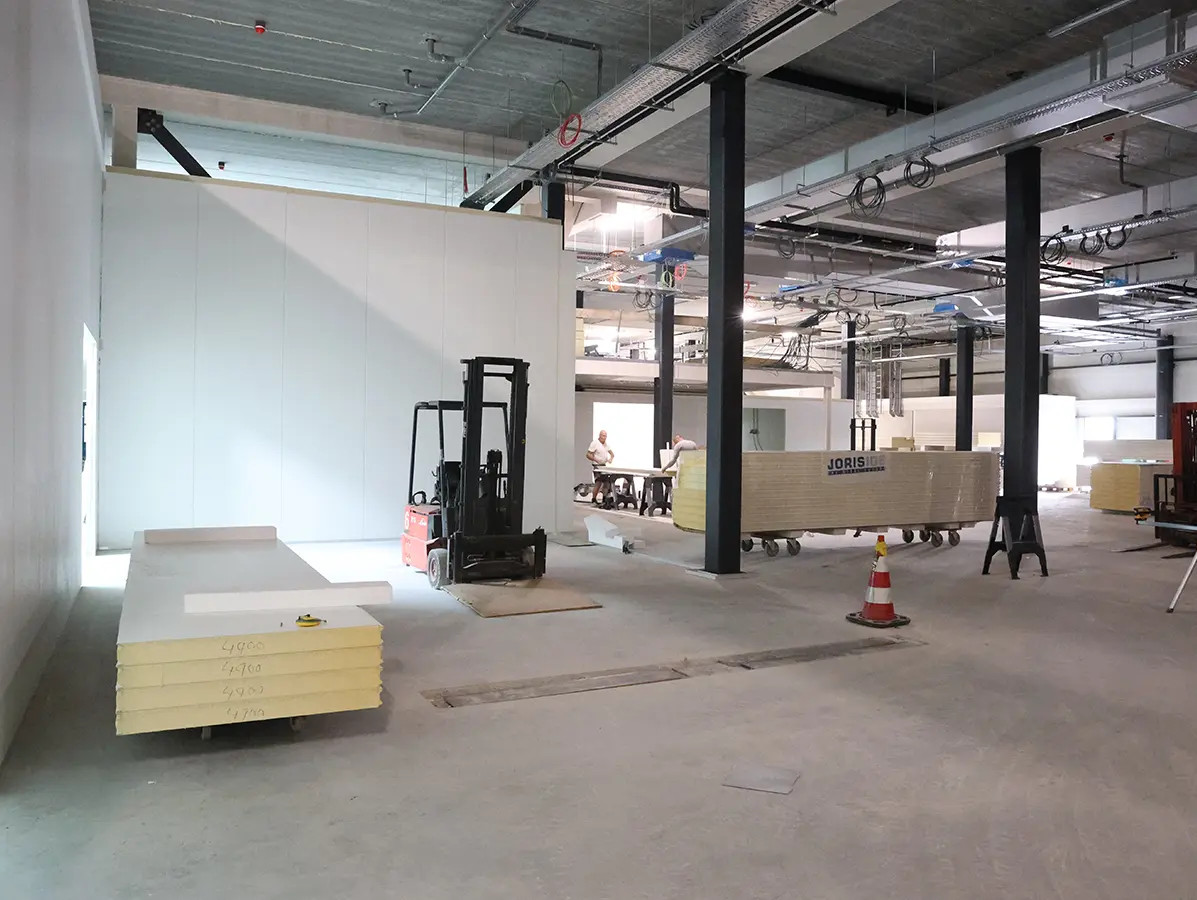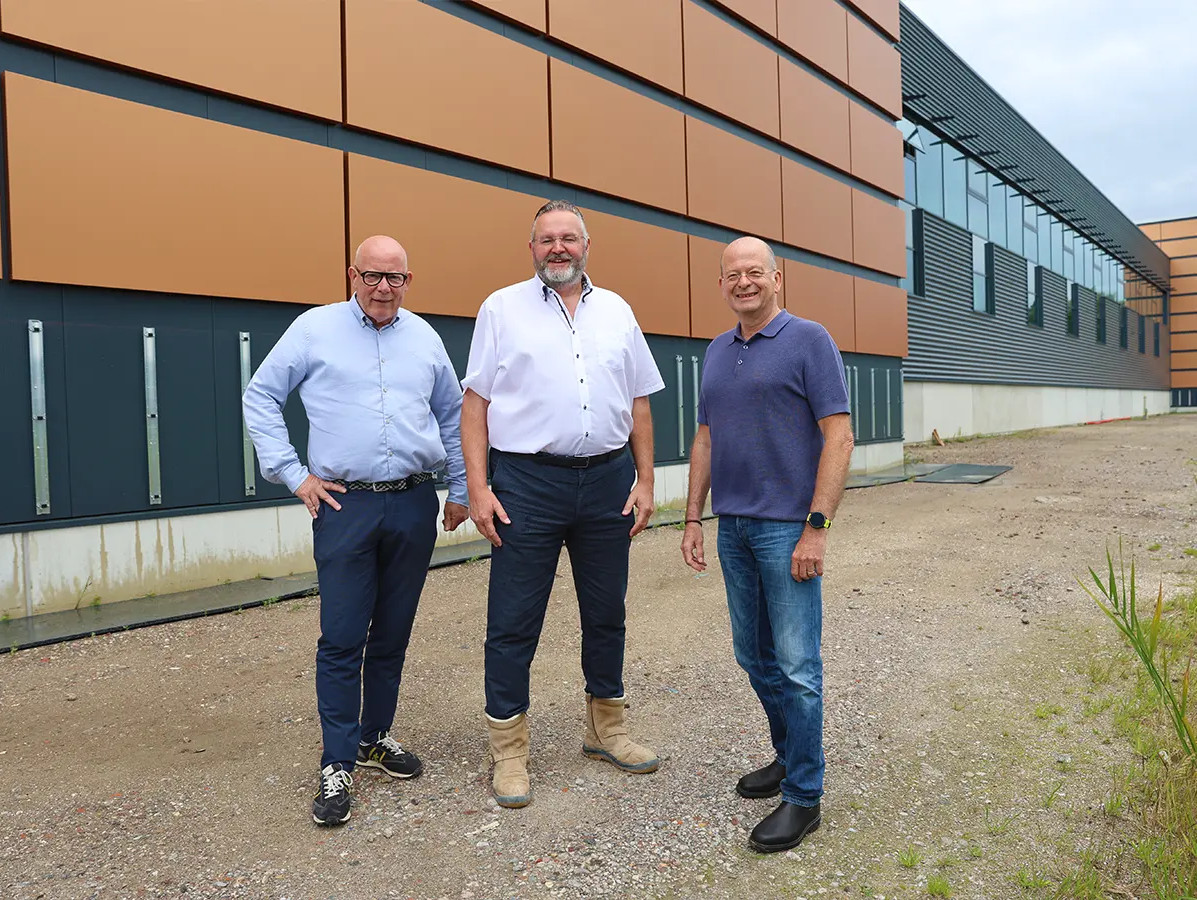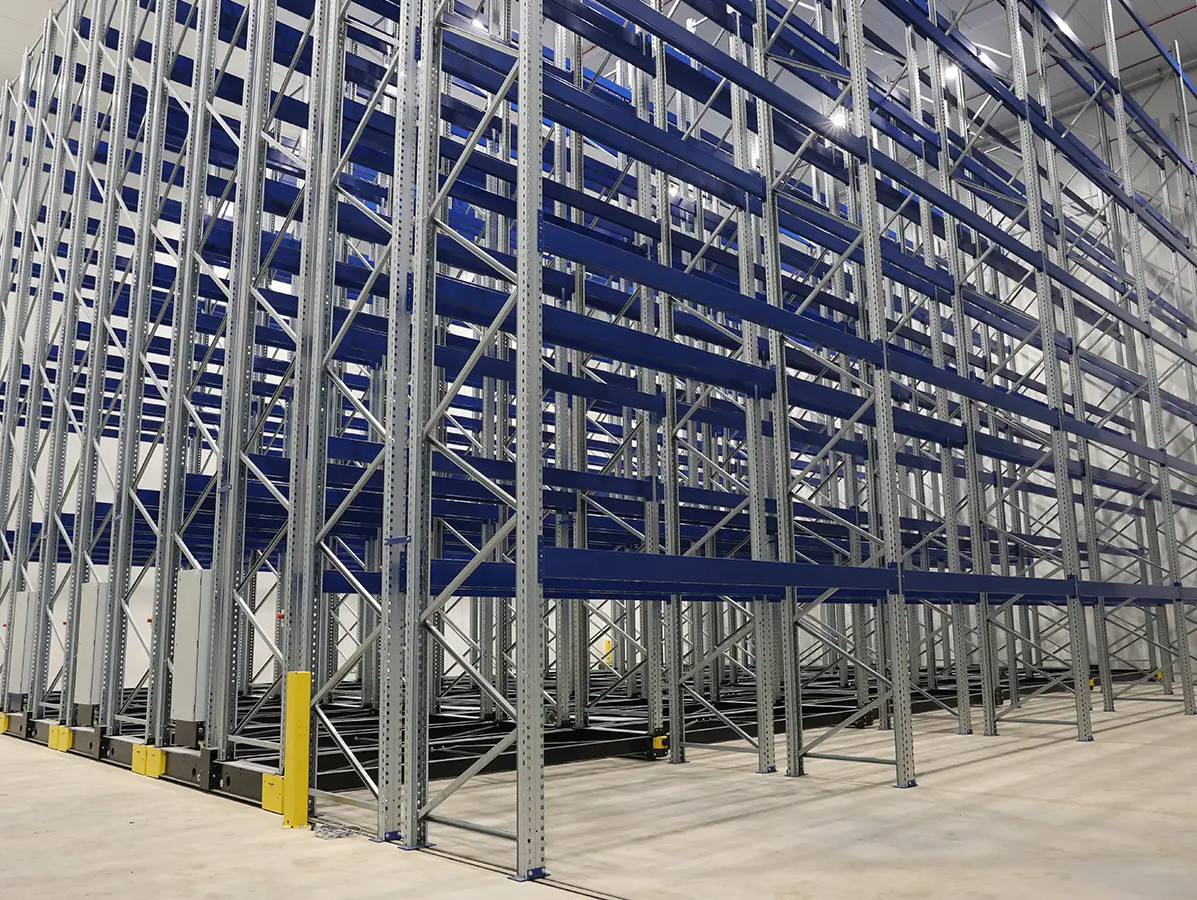
How do you help a production company that has outgrown its current space? A company whose customer base keeps expanding and where production efficiency needs to improve, but for whom this is no longer possible in the existing premises? Gouda Techniek knows exactly how to assist these companies. They designed and are realizing a 3.0 dream facility for Piet de Wit. Here’s an insight into the process.
‘We’re not building a 2.0, but a 3.0 version of the production facility’
Gouda Techniek is more than just a consultancy or engineering firm. They advise, design, manage, and execute construction projects. They deliver turnkey projects specifically for the food sector. Why does Gouda Techniek focus on growing food companies especially? "Because the food sector is complex," explains Director Alex van der Wees. “Consider the regulations, hygiene, and the continuity of the production process. Those rules change frequently. Every aspect is important; nothing can be overlooked. And then, on top of that, growing companies want to renovate or build a new facility. They can’t manage that on their own.”
“Growth and changing regulations are often the triggers for adapting business premises,” Alex continues. “That’s when we come into the picture, because companies often lack sufficient knowledge about what’s involved in such a renovation or construction process. In our 40 years of existence, we’ve built up extensive expertise. We save companies the hassle of searching through consulting firms. We look through their eyes, discuss their requirements, and draft a Program of Requirements. We then quickly and efficiently move to a final design and ultimately deliver a state-of-the-art factory.”
Gouda Techniek has completed numerous construction projects, from meal suppliers to croquette factories. “Each project is ‘one of a kind,’” adds Project Manager Stanley Blom, who handles contracts, administration, project management, and planning at Gouda Techniek. Alex and Stanley are keen to demonstrate with practical examples what they do for food companies. “That’s what attracts interest. We’re currently working on a large project for Piet de Wit in Zoetermeer.”

From left to right: Jeroen Buis, Alex van Wees, and Stanley Blom
Piet de Wit, founded in 1960, started by preparing snacks for local horeca in The Hague. By 2024, it has grown into a BRC-certified company producing semi-finished products for the B2B market under the new name: ‘Piet de Wit, part of your meal.’ The company has two owners: Paul van Rijn, responsible for production and general matters, and Jeroen Buis, who handles sales. “Our location in Zoetermeer, where we’ve operated since the 1990s, has expanded organically by renting additional space,” explains Jeroen. “But we reached maximum capacity. With our growing client base, we had to choose: consolidate or relocate. We chose the latter due to growth potential, both in traditional markets and in newer trends like vegetarian, ethnic, and Beter Leven products.”
Through mutual contacts, Jeroen connected with Alex. Jeroen explains that several steps had already been taken toward a construction plan in 2019. The land was purchased in 2021, and the foundation work was completed based on Gouda Techniek’s plan. However, the COVID-19 pandemic, the war in Ukraine, and rising costs of building materials and labor disrupted the process. “In 2023, we decided to move forward again.”
Staying in Zoetermeer was a conscious decision, given Piet de Wit’s workforce. “That choice wasn’t easy,” Jeroen admits. “In the Randstad, there’s very little land available with the right zoning. Then we found this plot along the main access road to Zoetermeer. After discussions with the local council, we purchased the land. There were, however, specific requirements. For example, the building couldn’t be a ‘shoebox.’ They preferred something more visually appealing that fits Zoetermeer’s character, such as a facade with greenery.” Stanley adds, “That wasn’t feasible due to food safety risks. However, we are considering the bat migration route—adjusting lighting—and we’re installing a bird of prey nest.”

Alex, Stanley, and the Piet de Wit team worked together to determine the layout of the building and select subcontractors. “After brainstorming, we moved to the sketch phase and finalized the plan,” Alex shares enthusiastically. “The new building will be three to four times larger than the current one, with space reserved for future expansion. It’s a functional and aesthetically pleasing facility that meets modern food technology standards. Features include efficient routing for the preparation and freezing of products, an additional floor for capacity, high-quality insulation, water management, a propane gas installation, flexibility in installation technology, heat recovery, and self-generating electricity with 1,000 solar panels.” Jeroen adds, “We’ll be able to monitor our footprint and respond effectively to upcoming trends like insect protein, vegan, and gluten-free products.” Stanley: “By the end of 2024, the facility will be ready and operational.”
Jeroen is pleased with the collaboration with Gouda Techniek. “It’s not an everyday process, but it’s going well. We’re open with each other. Transparency builds trust.” Alex and Stanley agree. “Flexibility is key. The initial phase and engineering offer new insights and solutions.”
Stanley is particularly proud of the swift progress. “We’re building quickly, which is fantastic.” Alex adds, “Constructing a food factory packed with technology is a craft. Custom-made, with the best balance between price, quality, and possibilities.” Jeroen is especially pleased that his vision is becoming a reality, and that soon all company departments will be in one location. “No more driving back and forth. We currently have separate sites for spices, storage, crates, and a freezer facility. Our employees and partners are also looking forward to the new facility. We’re hearing a lot of ‘oohs’ and ‘aahs’ when we show the construction progress to our partners!”
www.goudatechniek.nl
www.pietdewitsnacks.nl
Photos © Dennis Wisse
Source: Vakblad Voedingsindustrie 2024